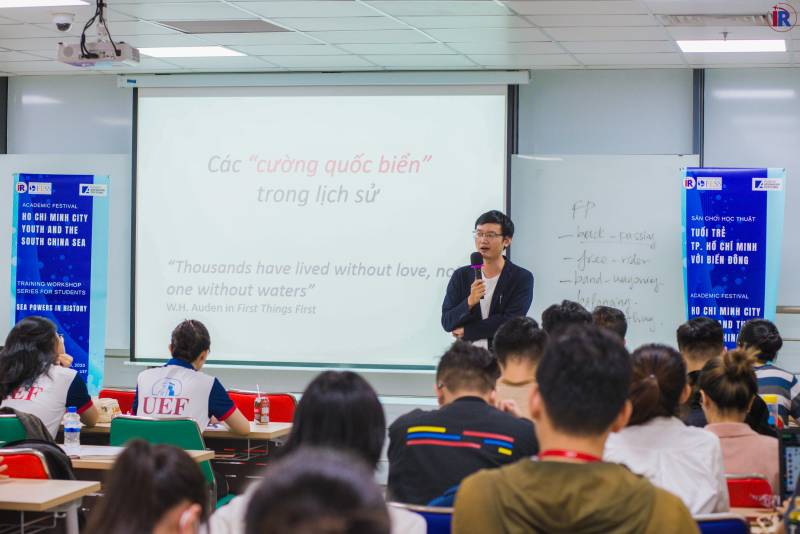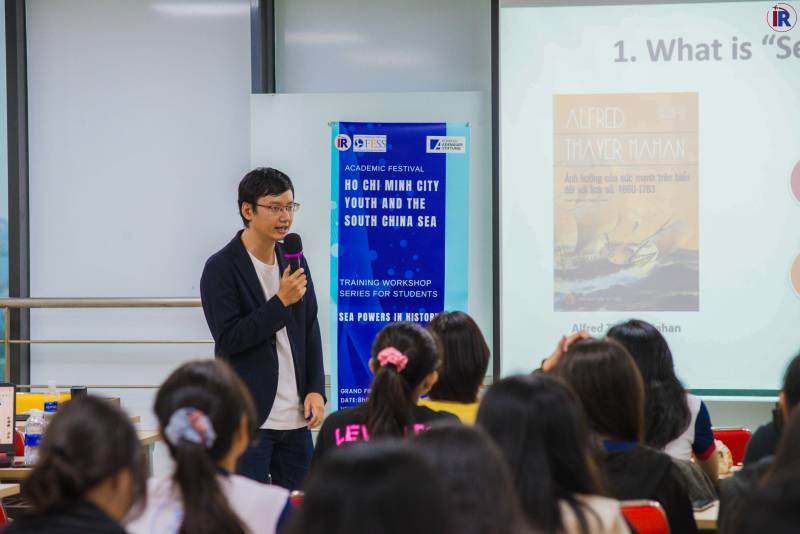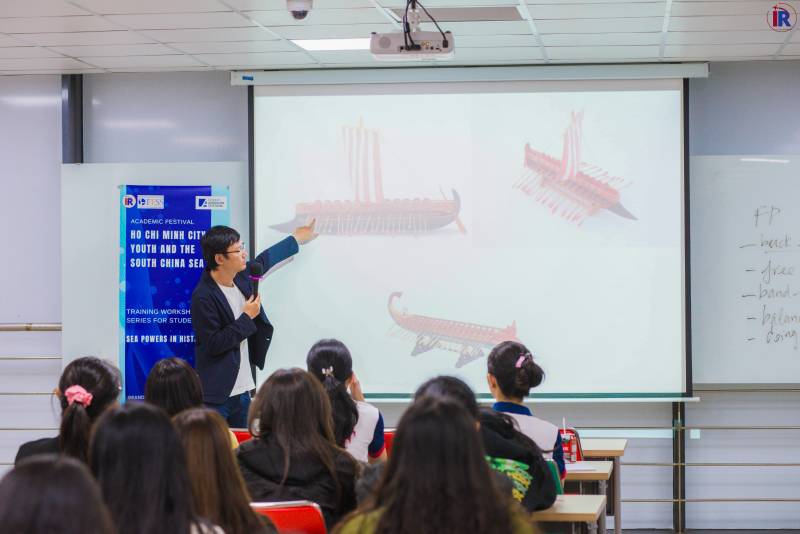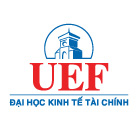KHOA QUAN HỆ QUỐC TẾ
Hoạt động học thuật
Training Workshop: "Sea Powers in history"
03/12/2020
With a view to preparing information and knowledge for students who join in the Academic Festival “Ho Chi Minh City Youth And The South China Sea”, Ho Chi Minh City University of Economics and Finance (UEF) in collaboration with the East Sea Research Foundation (FESS), under the support of Konrad Adenauer Stiftung Foundation (KAS) in Vietnam held the seminar “Sea Powers In History”. The seminar was presented on November 24th, 2020 by M.A Nguyen The Phuong – Lecturer, Faculty of Internatinal Relations, UEF.

This seminar had drawn attention to students from Faculty of International Relations (UEF); Faculty of International Relations of Ho Chi Minh University of Social Sciences and Humanities (USSH); Faculty of International Studies of Ho Chi Minh City University of Education; Hong Bang International University.

At the beginning of the seminar, M.A Nguyen The Phuong had generalized about some basic particular traits of sea power. Sea powers are knowns as nation-states with outstanding maritime capabilities in the sea. They can be defined as the combined power of a whole country to protect its maritime interests, using the sea for political, economic and military purposes during peacetime and wartime, including naval, marine science, marine industry and marine trade. On the other hand, naval power is a necessary but not a sufficient condition for a nation-state to become a sea power.
In his speech, M.A Nguyen The Phuong mentioned Alfred Thayer Mahan (1840 – 1991) who had a profound influence on the maritime development strategy of many countries. According to Mr Phuong, Mahan believed that the sea power makes countries become great powers based on six conditions, namely: (1) Having a favorable geographical position; (2) Owning an usable coastline, abundant natural resources and a favorable climate; (3) Controlling sufficiently large territory; (4) Enjoying a large enough population for self-defense; (5) Having a society facing the sea and sea trade; (6) Maintaining efficient government to master the sea.

To sum up, M.A Nguyen The Phuong summarized that nowadays, global markets together with international trade and cooperation are increasingly developing, oceans and seas are become the most optimal way to connect nations. Through the sea and ocean lanes, countries which are wishing to establish and enhance their position and influence, will be able to reinforce their growing role in global markets and in the development of natural resources. From the historical perspective, China pursues the goal of strengthening the sea and becoming a sea power because China is a rising power that has achieved certain economic successes and pursued of a leading power status.
The seminar “Sea Powers In History” is one of the parts which belong to the series Academic Festival “Ho Chi Minh City Youth And The South China Sea” hosted by Ho Chi Minh City University of Economics and Finance (UEF) in collaboration with the East Sea Research Foundation (FESS), under the support of Konrad Adenauer Stiftung Foundation (KAS) in Vietnam.
The grand finale was taken place on November 26th, 2020 at Ho Chi Minh City University of Economics and Finance (UEF)
The grand finale was taken place on November 26th, 2020 at Ho Chi Minh City University of Economics and Finance (UEF)
Reporter: Minh Quang
Images: Đăng Huy + Team News & Report.
TIN LIÊN QUAN



